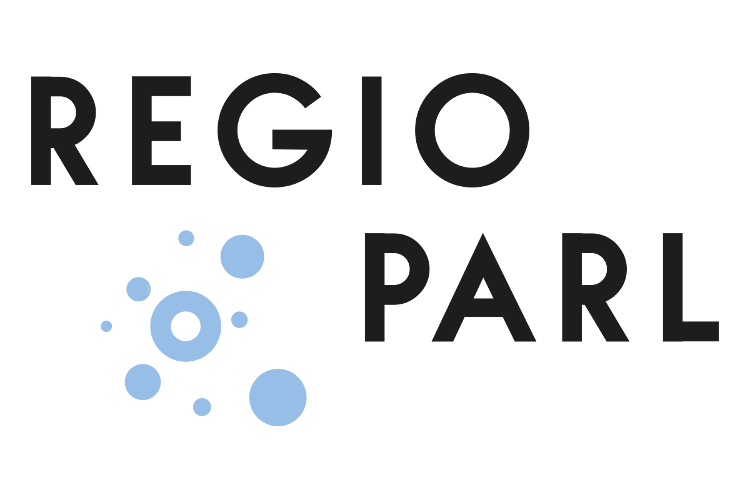From Adaptation to Mobilisation: German State Legislatures and the Reform of the Posted Workers Directive
European jurisprudence strongly affects regional wage policy in Germany. To what extent did the German state parliaments push for a correction of the case law by EU legislation? A forthcoming Regioparl publication reveals considerable mobilisation by state parliaments around the reform of a cornerstone of the European single market – the posted workers directive. The extent and direction of mobilisation was strongly conditioned by left-right party politics. While two parliaments attempted to use the early warning mechanism, the case illustrates the limitations of the procedure as a subsidiarity check on judicial law-making. Read more
